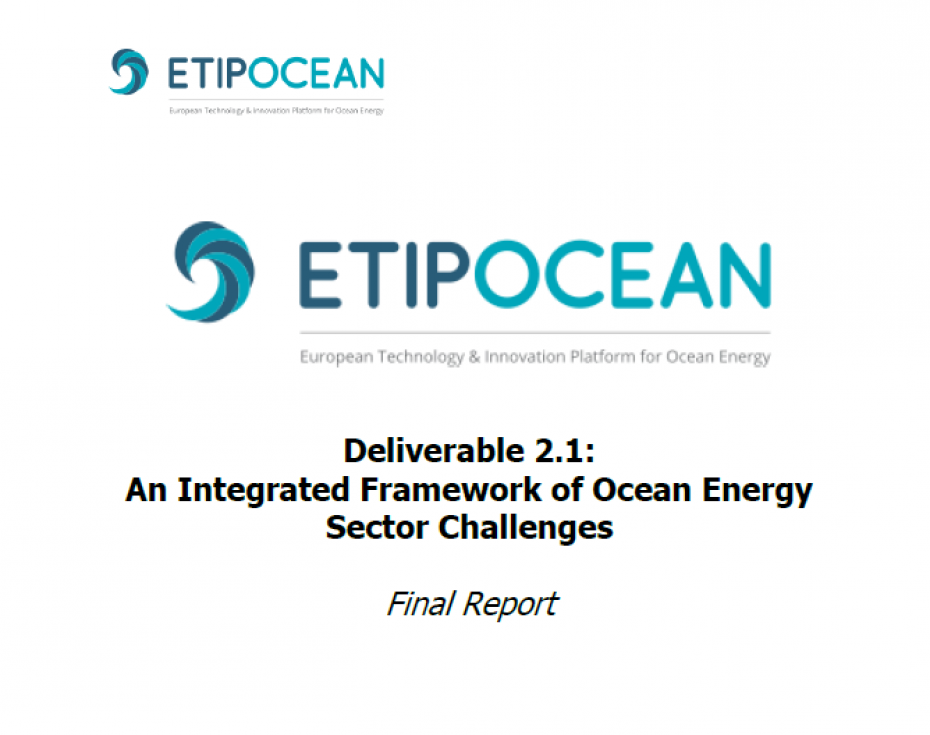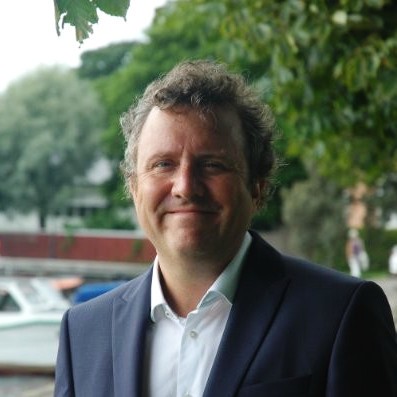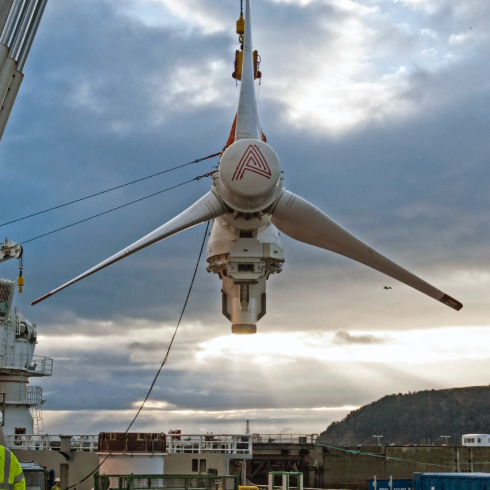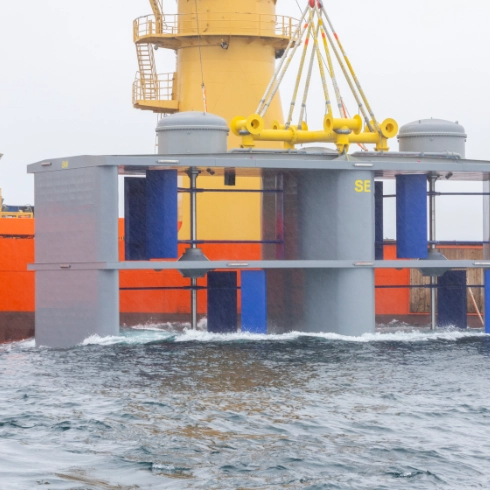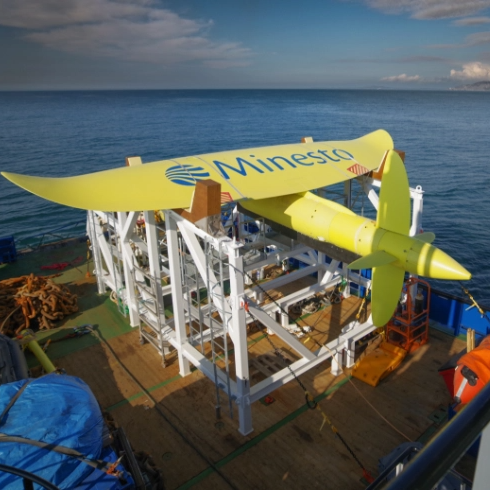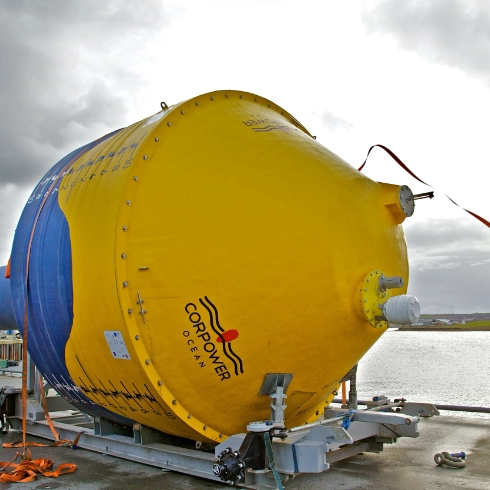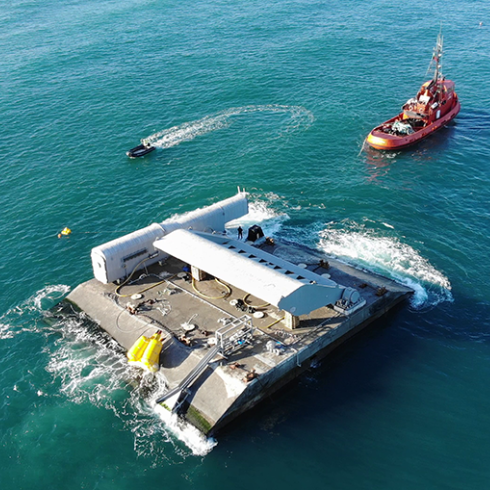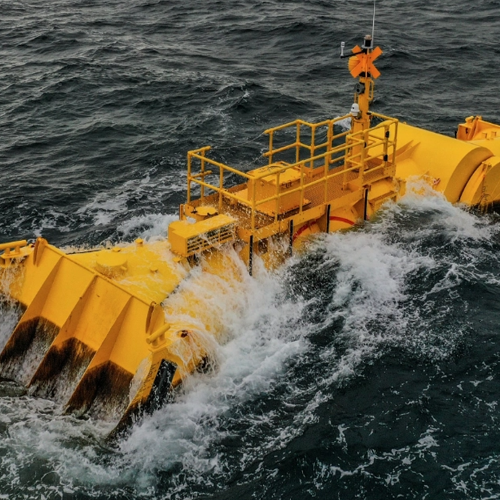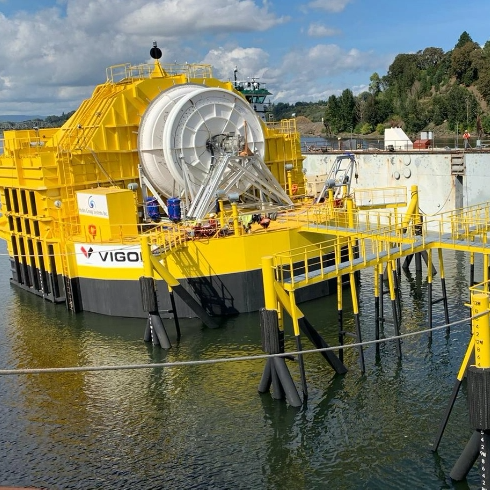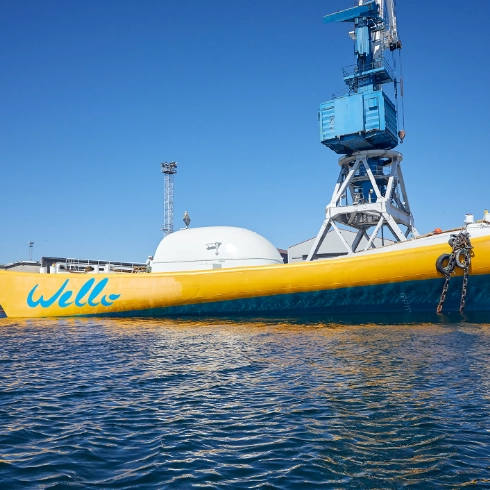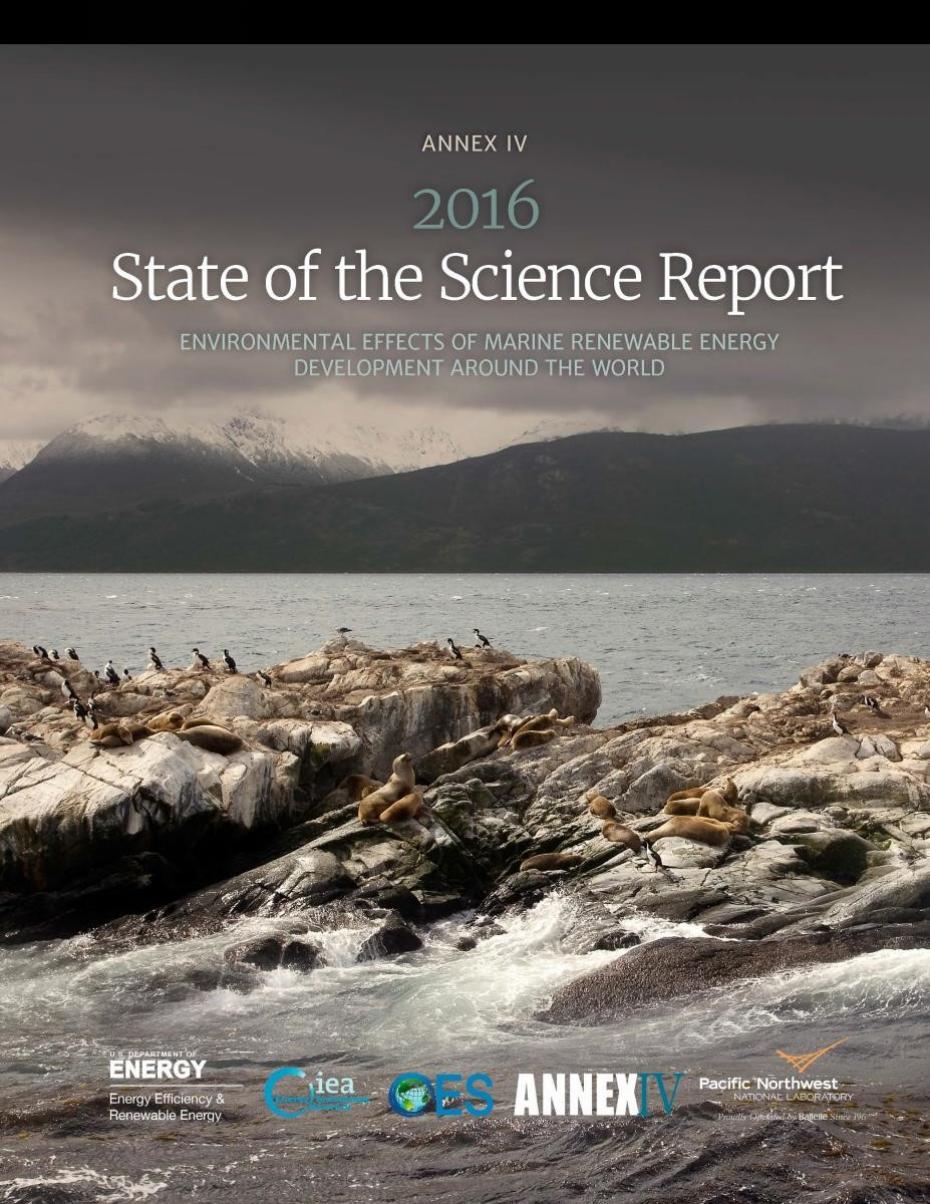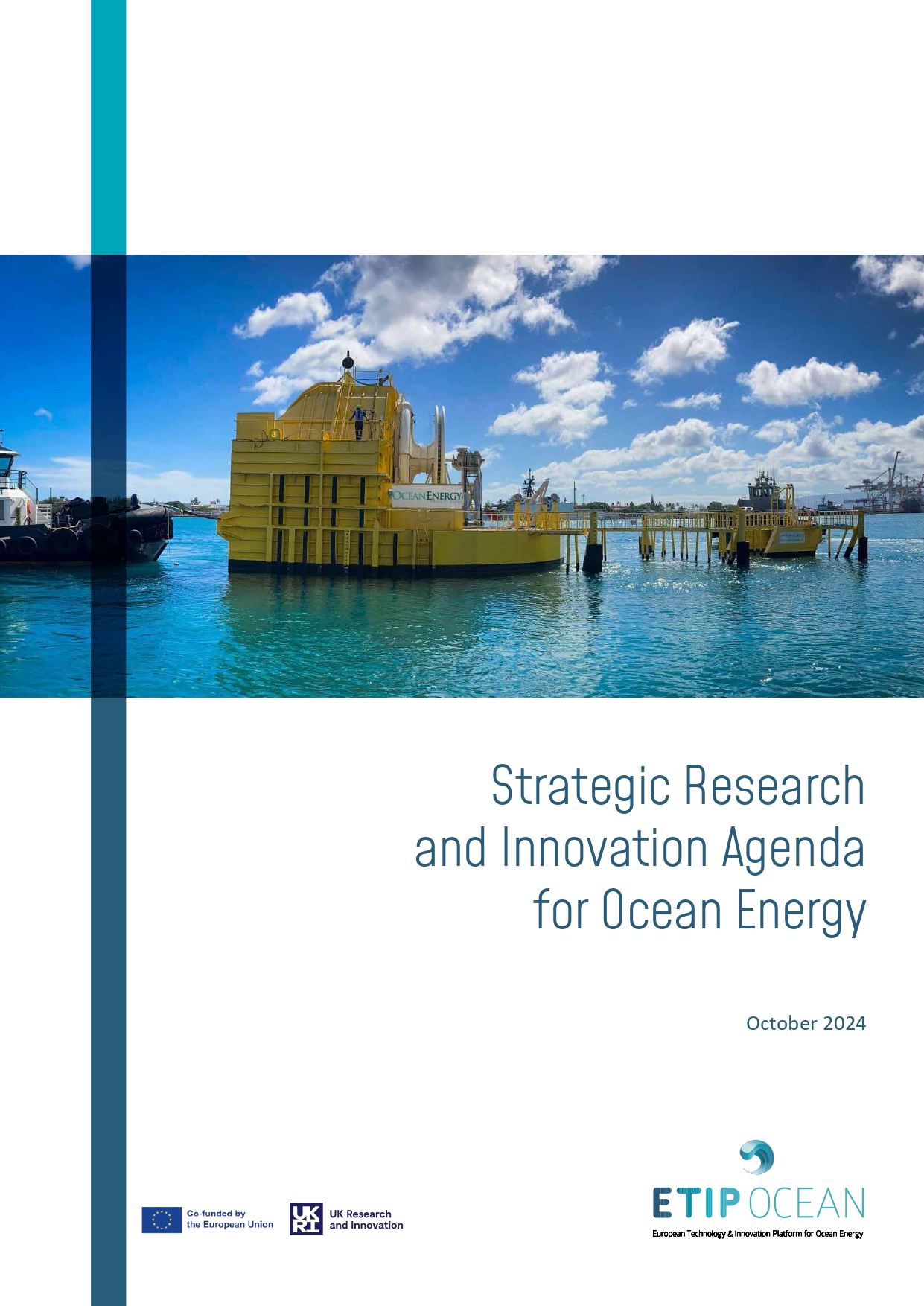
Powering Homes Today, Powering Nations Tomorrow
On the 10th of April, ETIP Ocean published a new report ‘Powering Homes Today, Powering Nations Tomorrow’, putting a spotlight on the ocean energy technology’s progress over the past 2 years, and setting out clear actions to bring ocean energy to the point of industrial roll-out.
‘Powering Homes Today, Powering Nations Tomorrow’ analyses the challenges faced by the sector and proposes four actions to overcome them. The report also highlights ocean energy’s recent successes, with record volumes of power being supplied to the grid by tidal stream technology, and several promising scale and full-sized wave devices going into the water. It reiterates ocean energy’s potential of providing 10% of Europe’s current electricity consumption by 2050.
Ocean Energy Europe’s Policy Director, Donagh Cagney said: “The technological progress made by ocean energy has been a true European success story with project teams from across Europe collaborating within EU programmes such as Horizon 2020 and Interreg. To unlock available EU support and private investment, we now call upon national governments to play their part and earmark revenue support specifically for ocean energy.”
Four key actions are required, at European and national level, to bring ocean energy technologies from early stage to industrialisation:
- A European ‘stage-gate’ programme for R&D and prototypes, which ‘funnels’ the most successful innovations, through a series of competitive calls;
- National-level revenue support earmarked for ocean energy, so that farms can repay debt or service equity from both private investors and public programmes. This support can be via competitive auctions in reserved ‘pots’, Feed-In-Tariffs, or tax credits for private Power Purchase Agreements;
- A blend of programmes to finance demonstration and pre-commercial farms, made up of revenue support, grant funding, public-supported equity, public-guaranteed loans, and an Insurance & Guarantee Fund. EU schemes address some but not all of these requirements – e.g. InnovFin EDP.
- Environmental monitoring programmes that produce comparable and consistent data, enabling licensing and consenting authorities to make better decisions on ocean energy deployments.
This is an extract, full report available as PDF download
Download full report
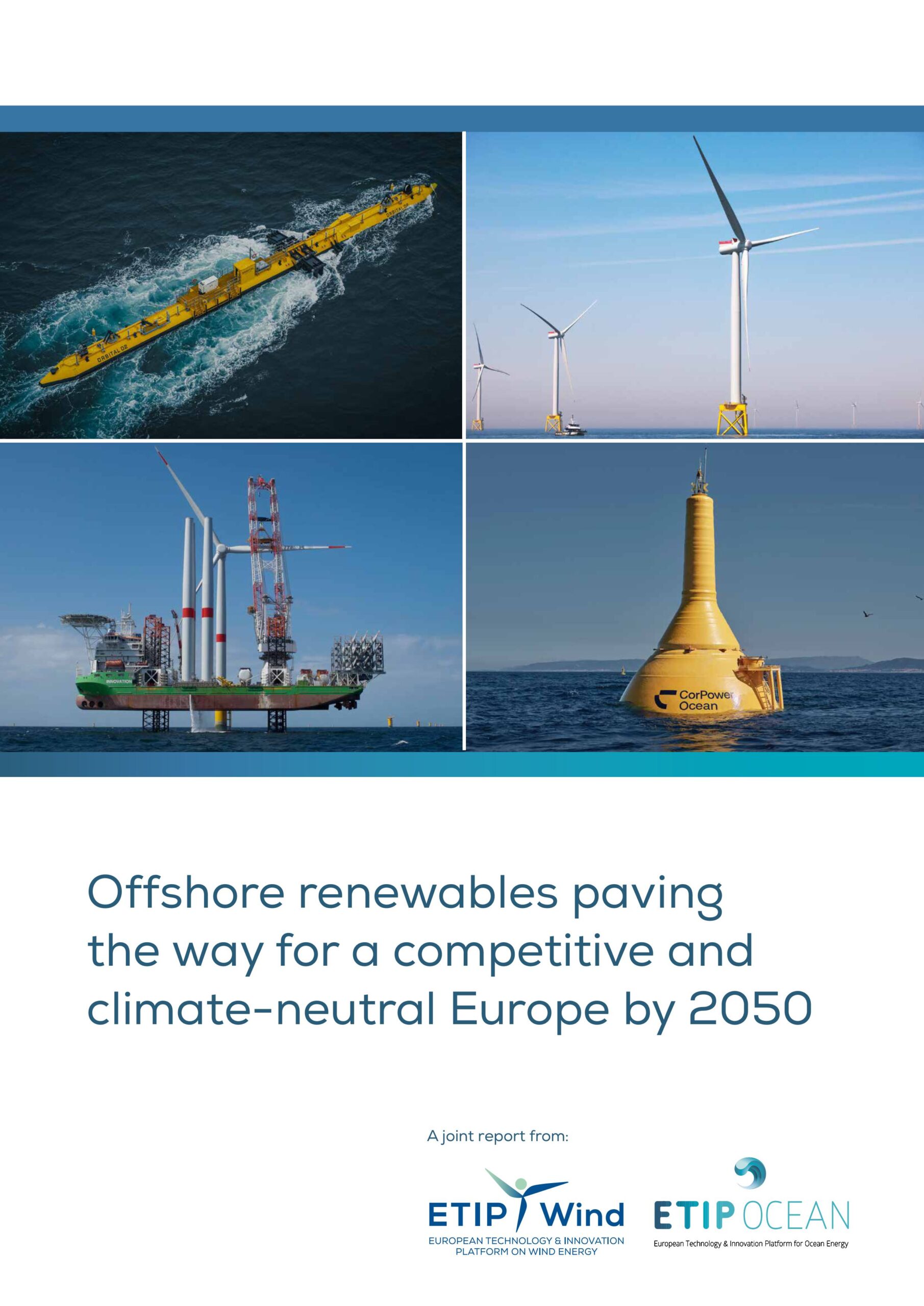
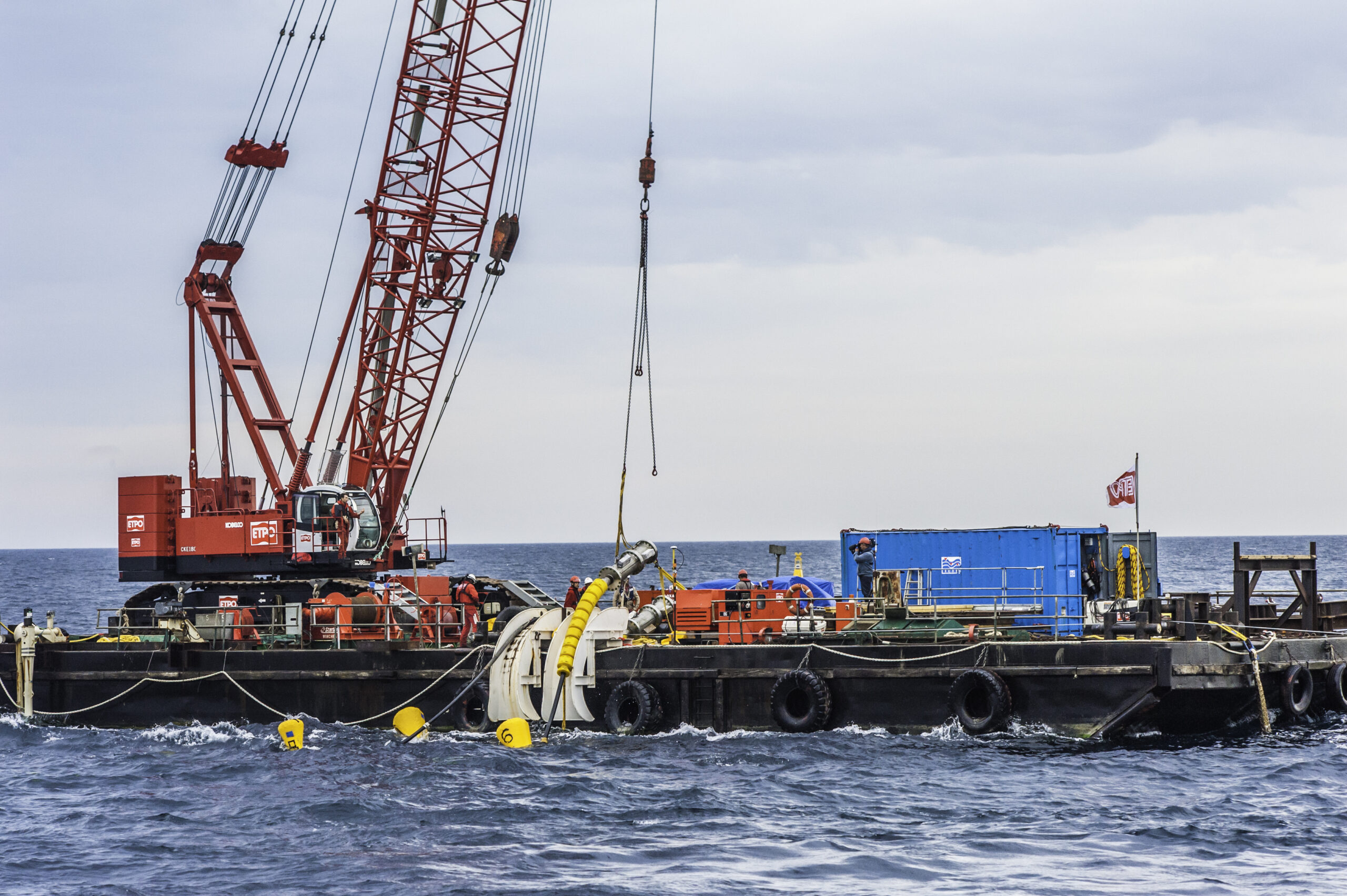
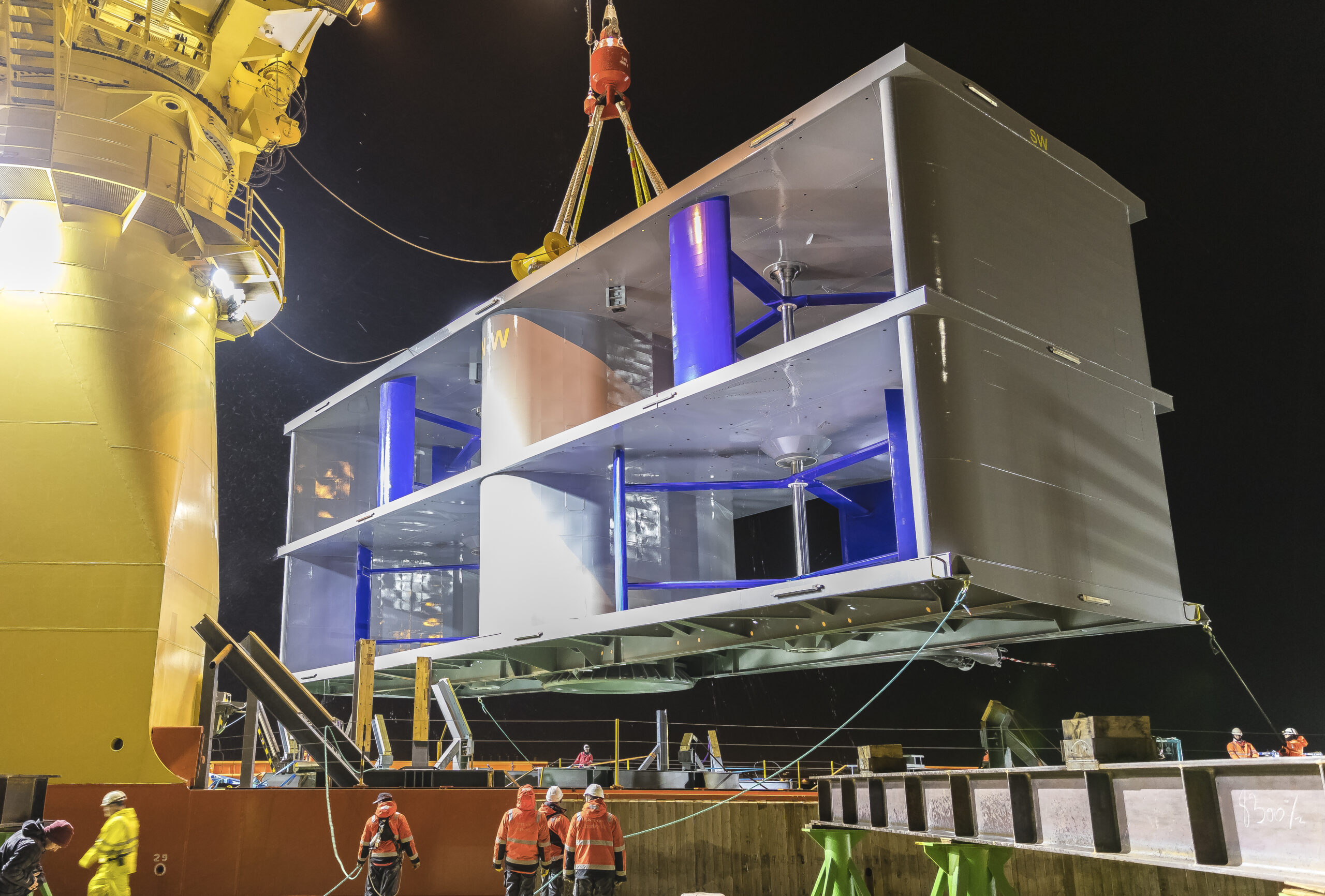
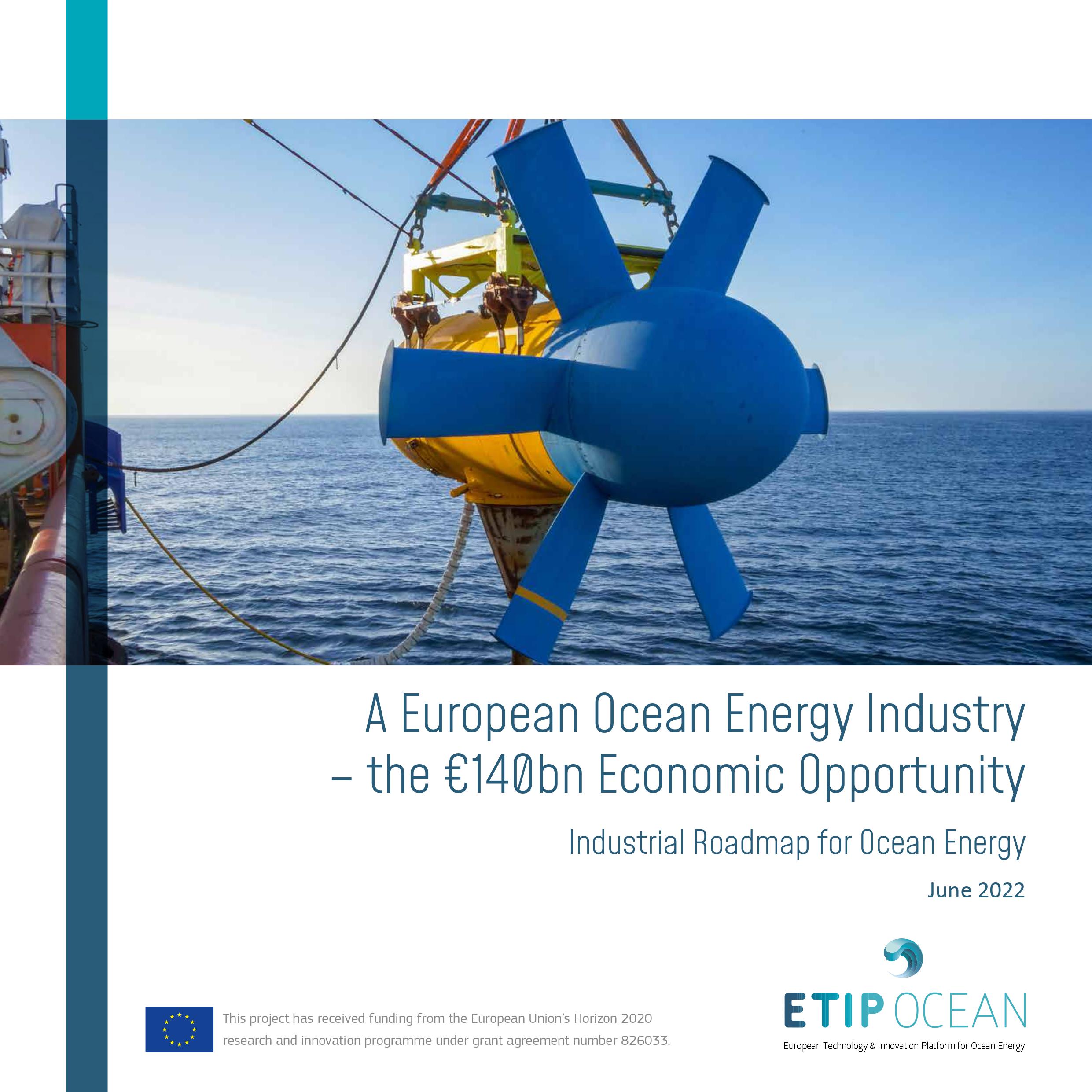
Industrial Roadmap for Ocean Energy 01 Jul 2022
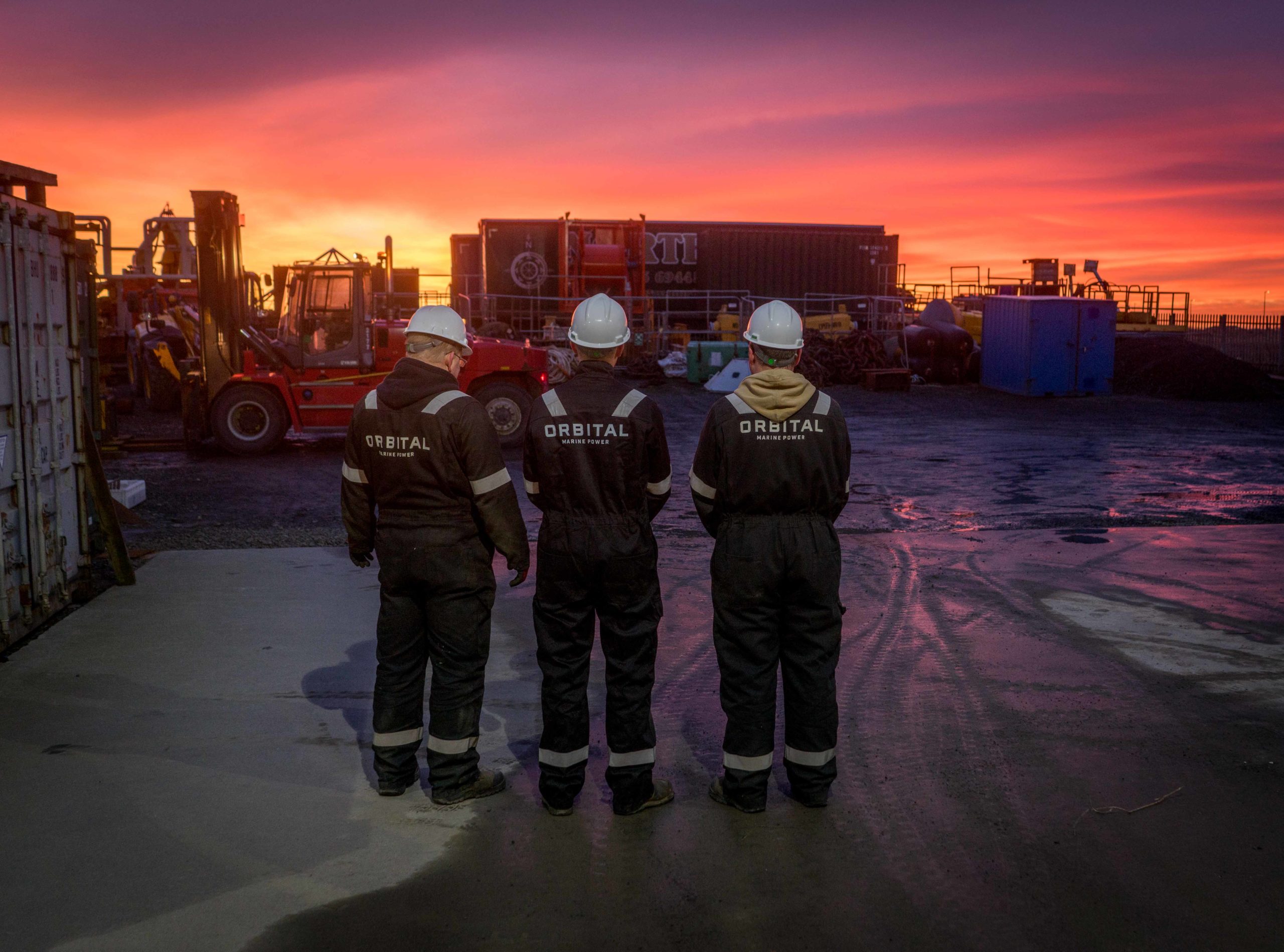
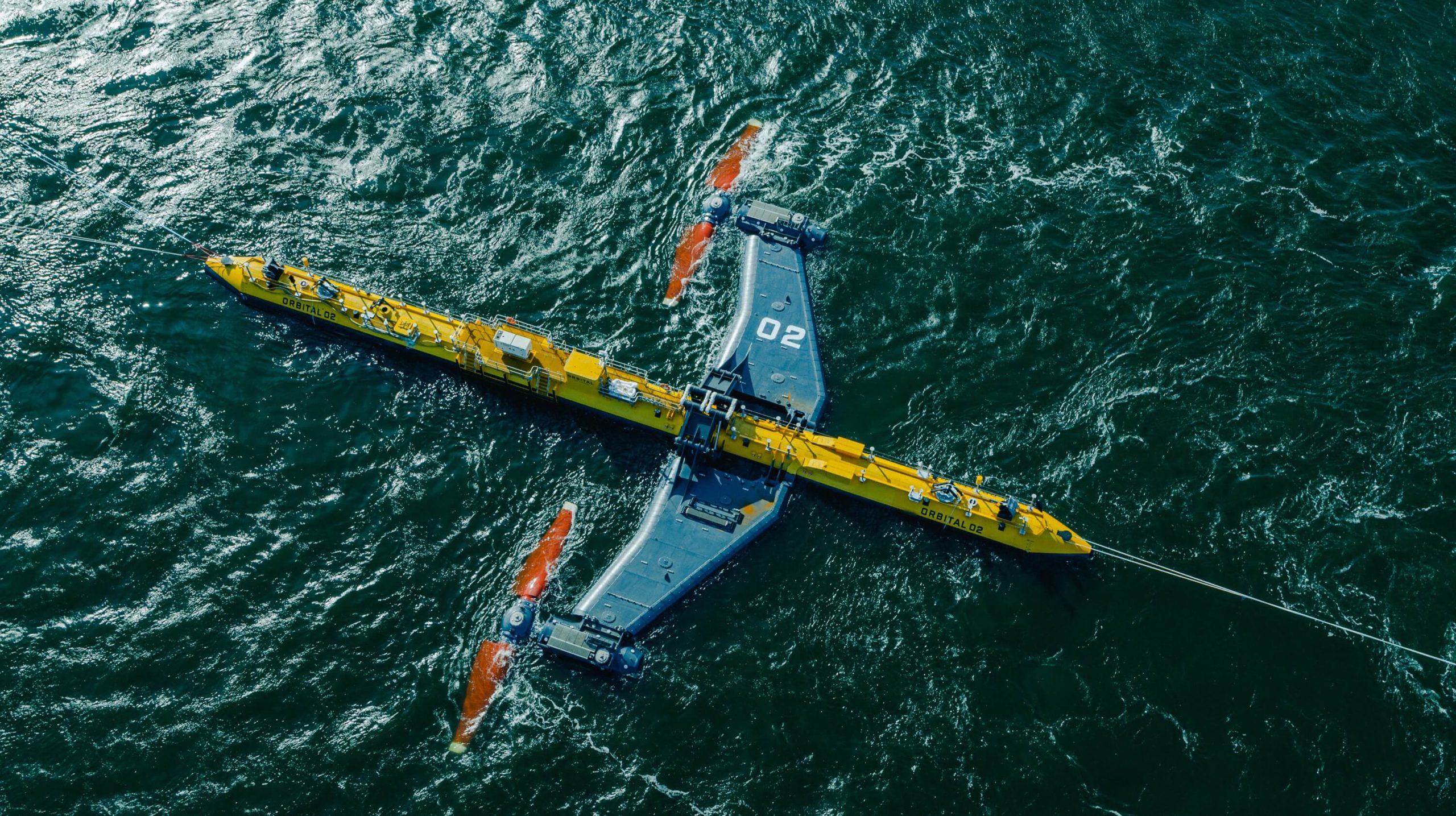
ETIP Ocean engagement with the SET Plan actions 01 Jan 2022
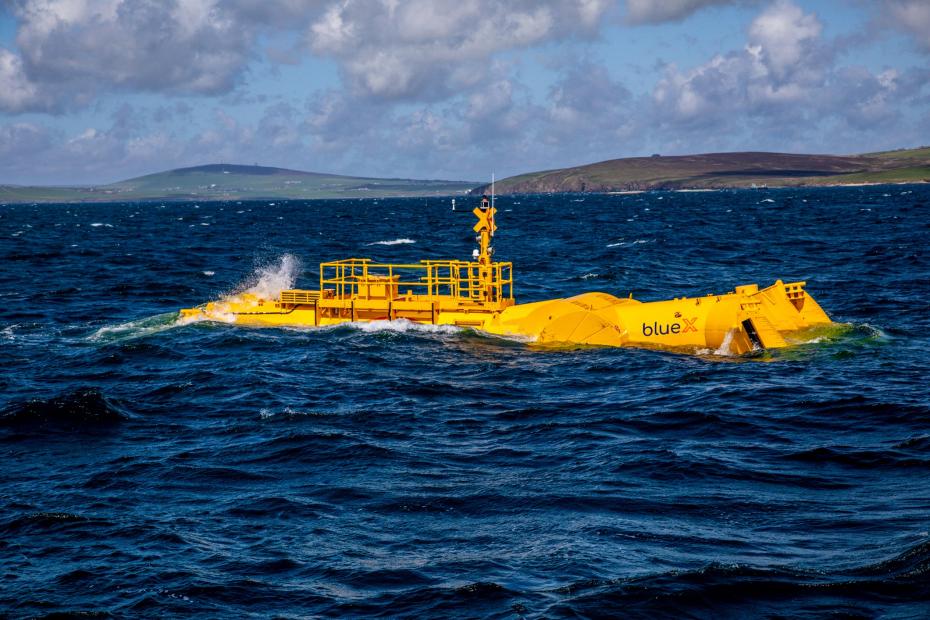
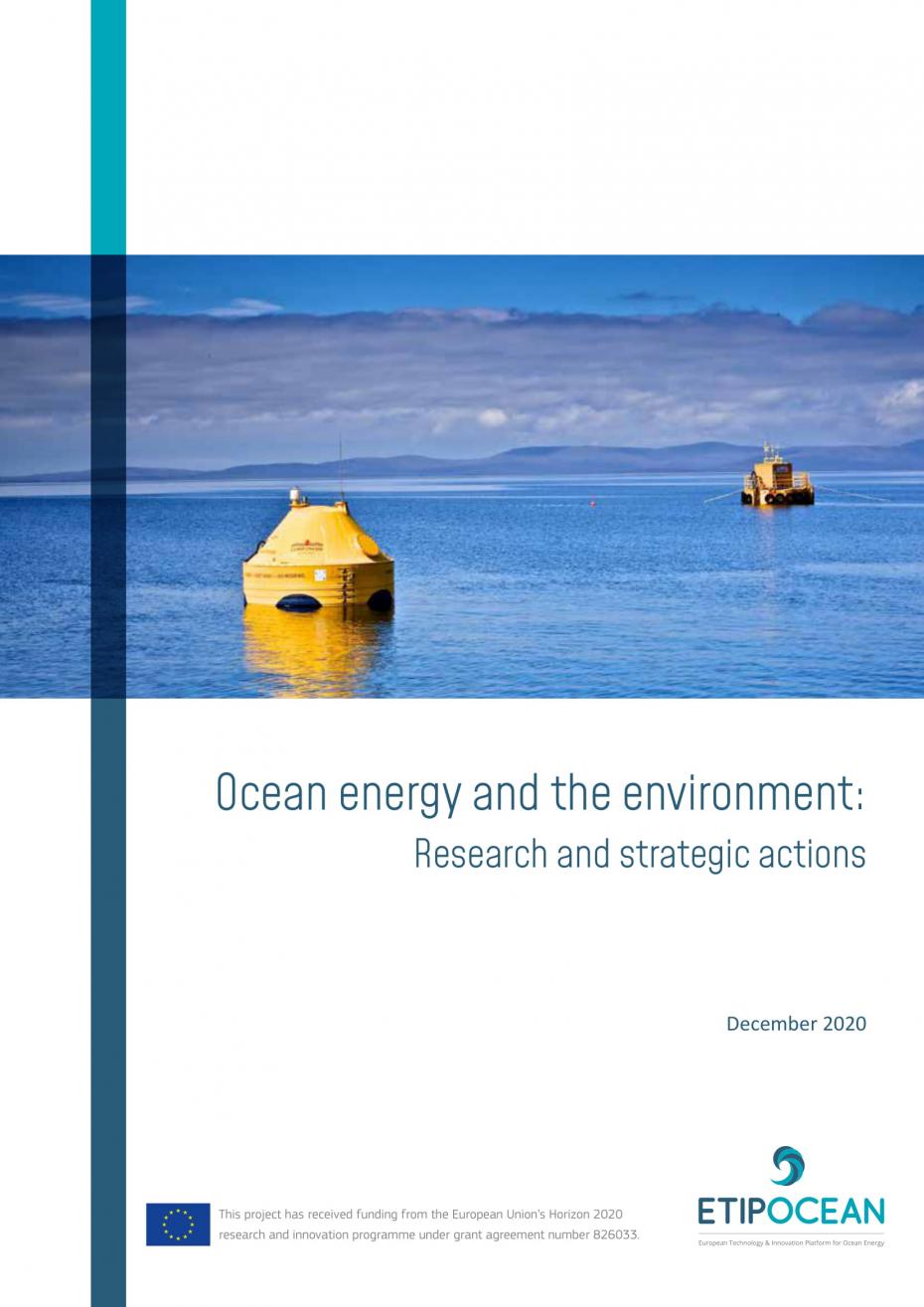
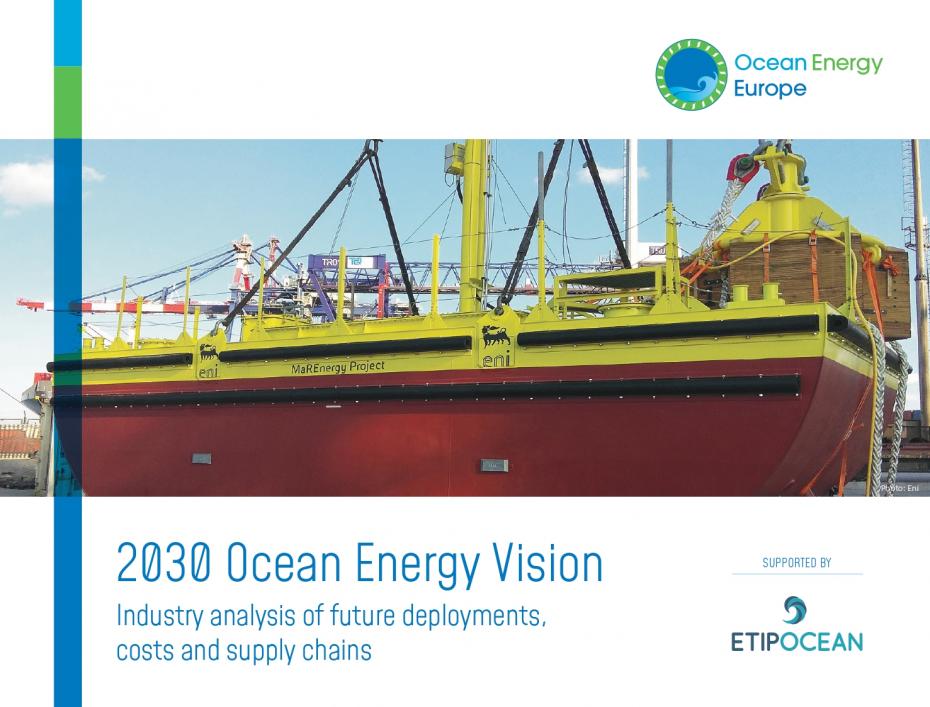
2030 Ocean Energy Vision 13 Oct 2020
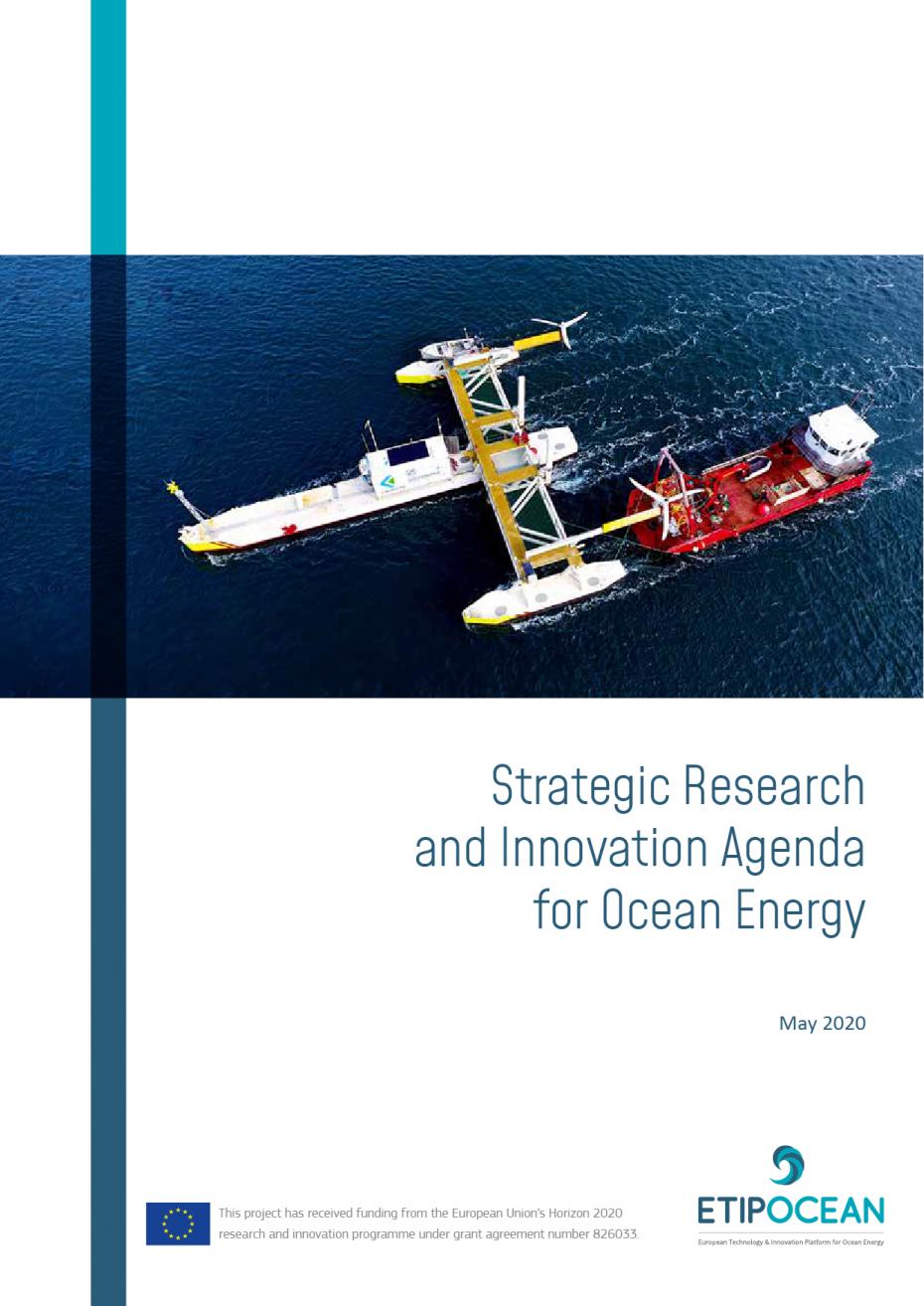
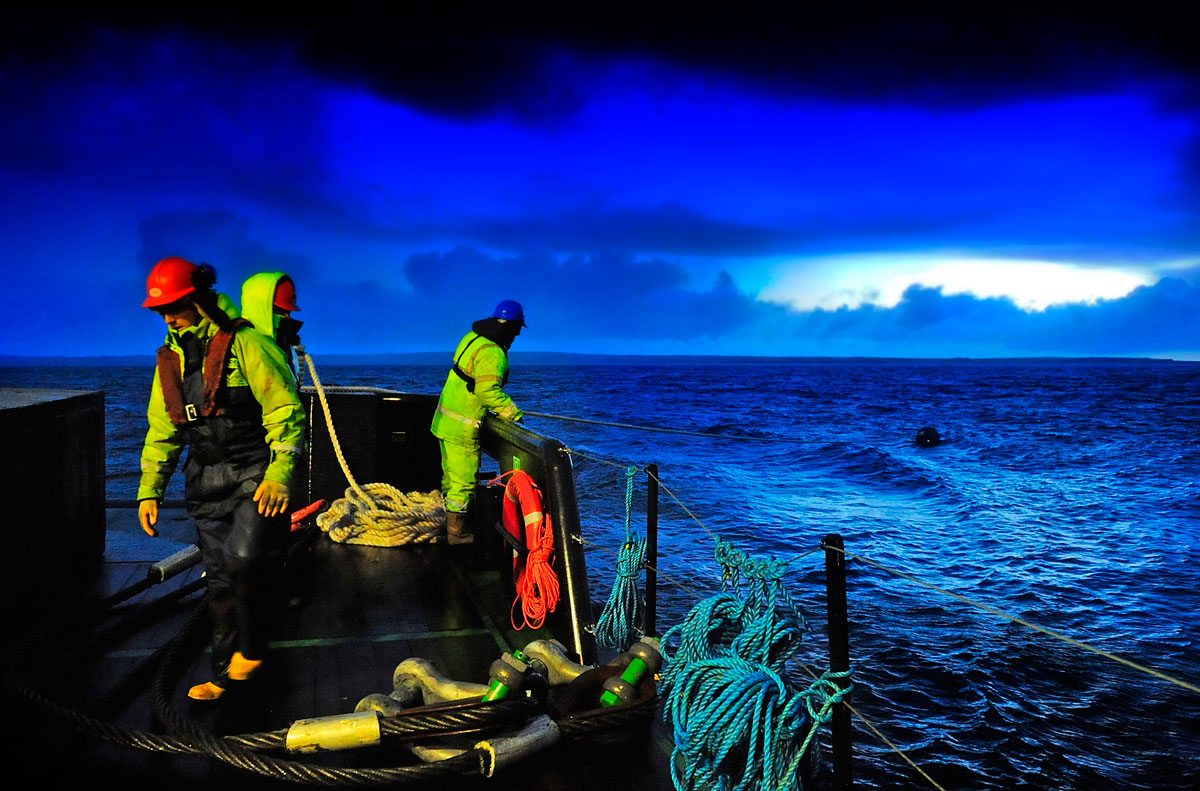
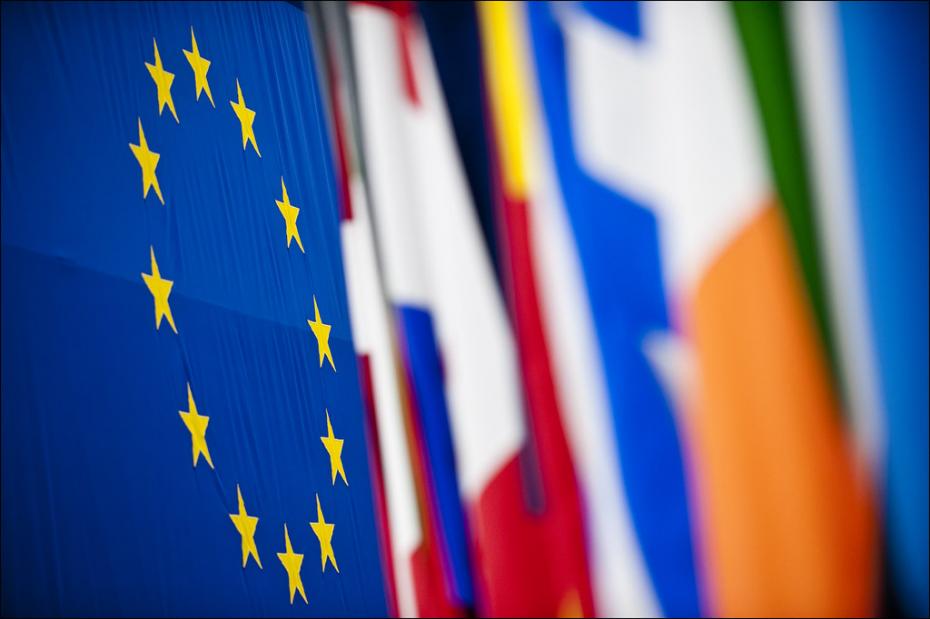
New ETIP Ocean report: EU and national policies play a key role in ocean energy development 19 Dec 2019
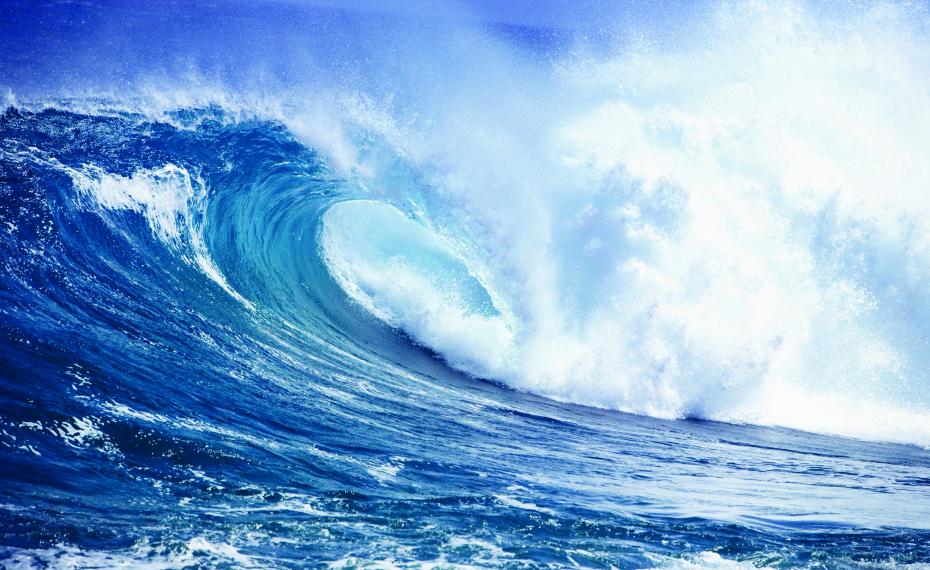
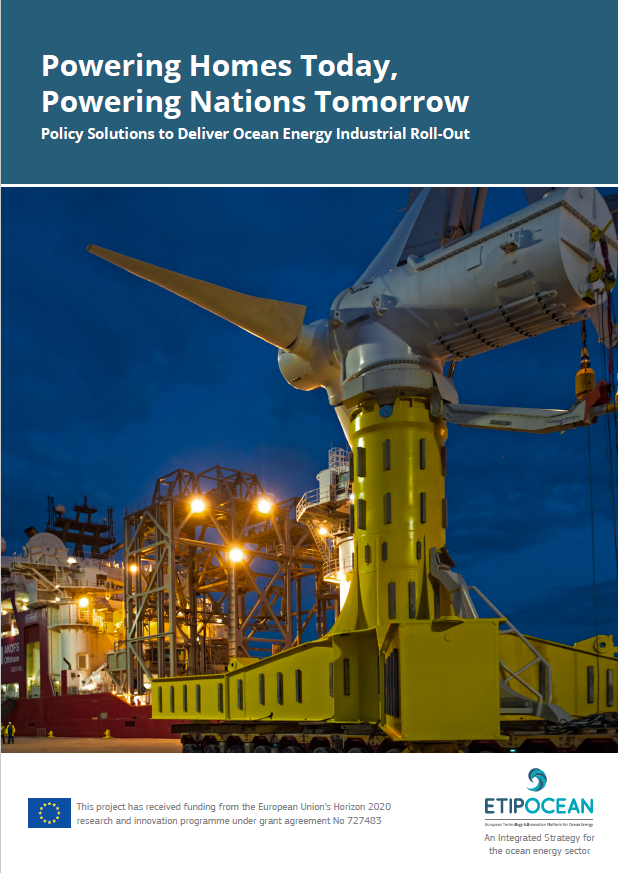
Powering Homes Today, Powering Nations Tomorrow 10 Apr 2019
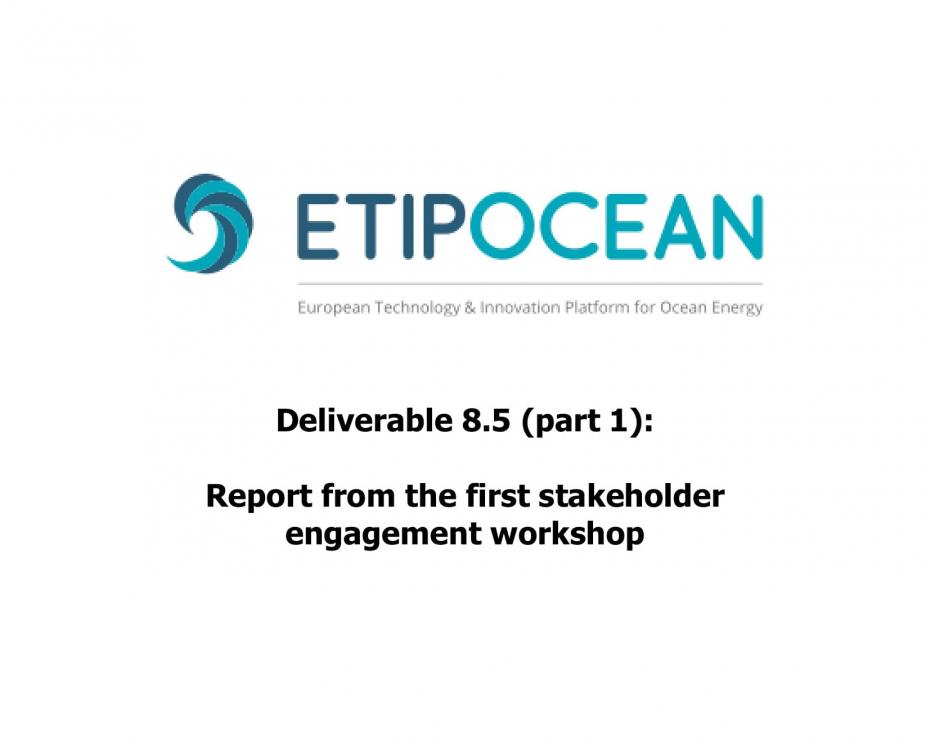
Report from the first workshop 30 Nov 2018
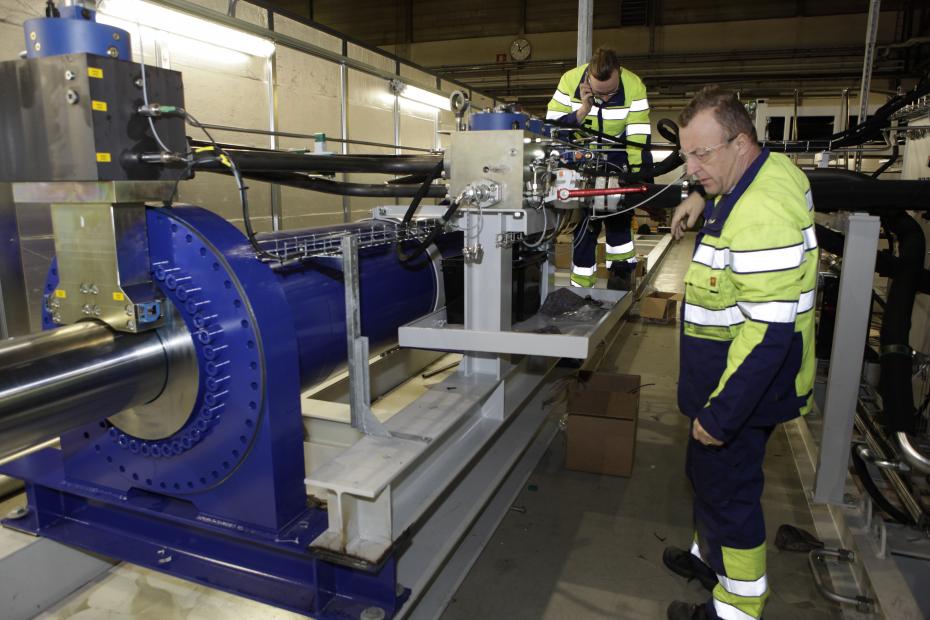
EU-funded ocean energy projects: complete description and links to H2020 and FP7 projects 28 Mar 2017
